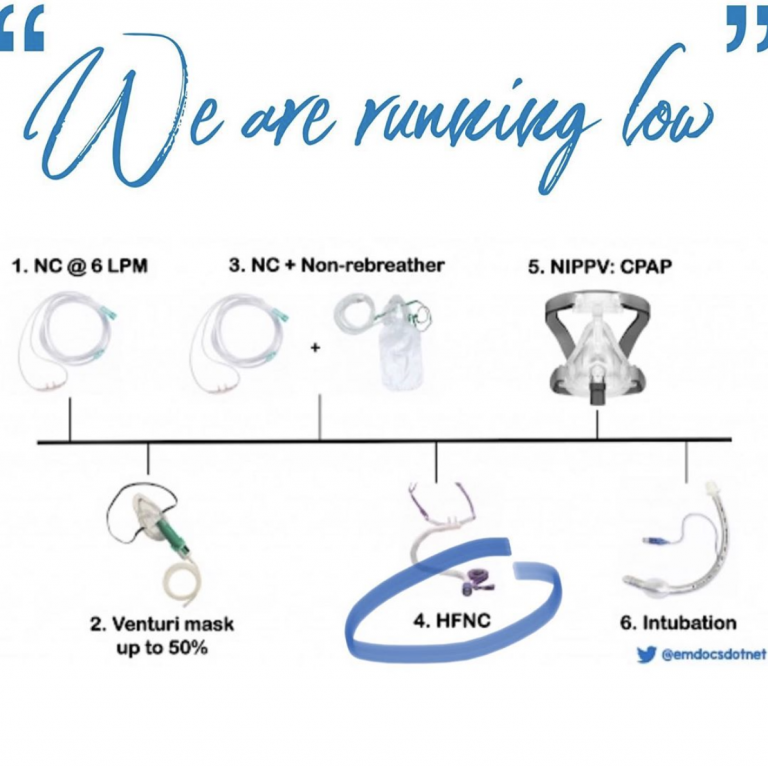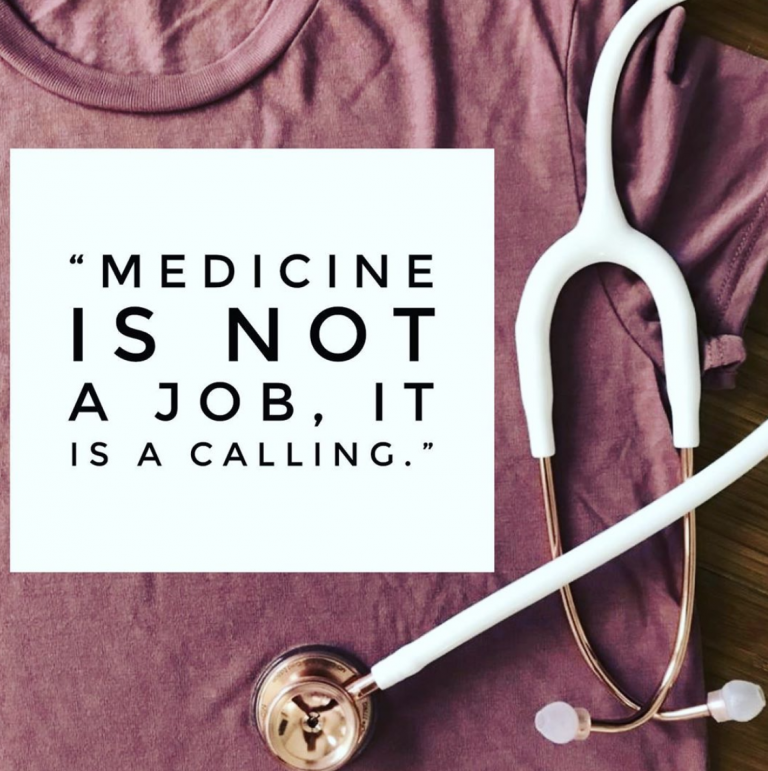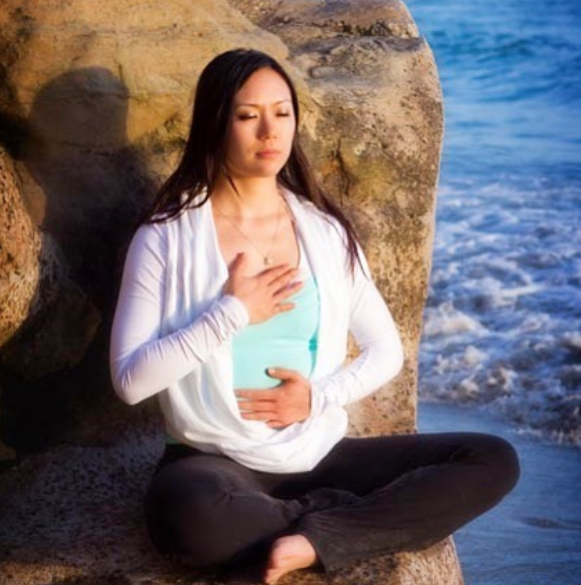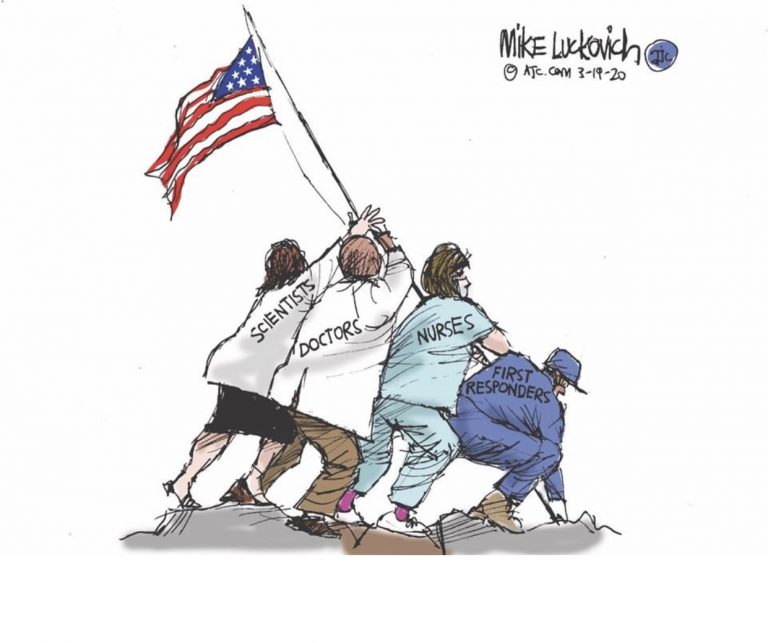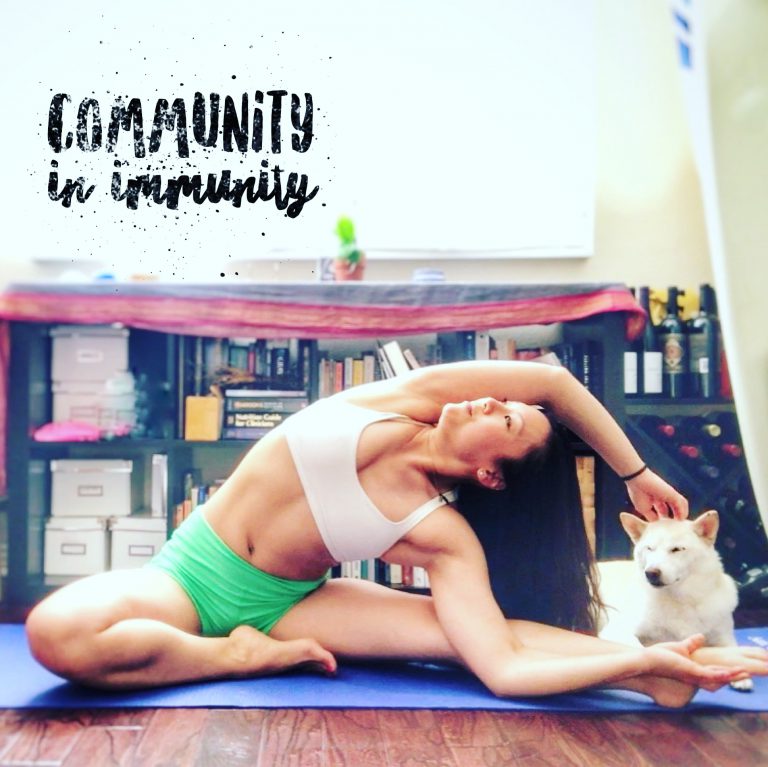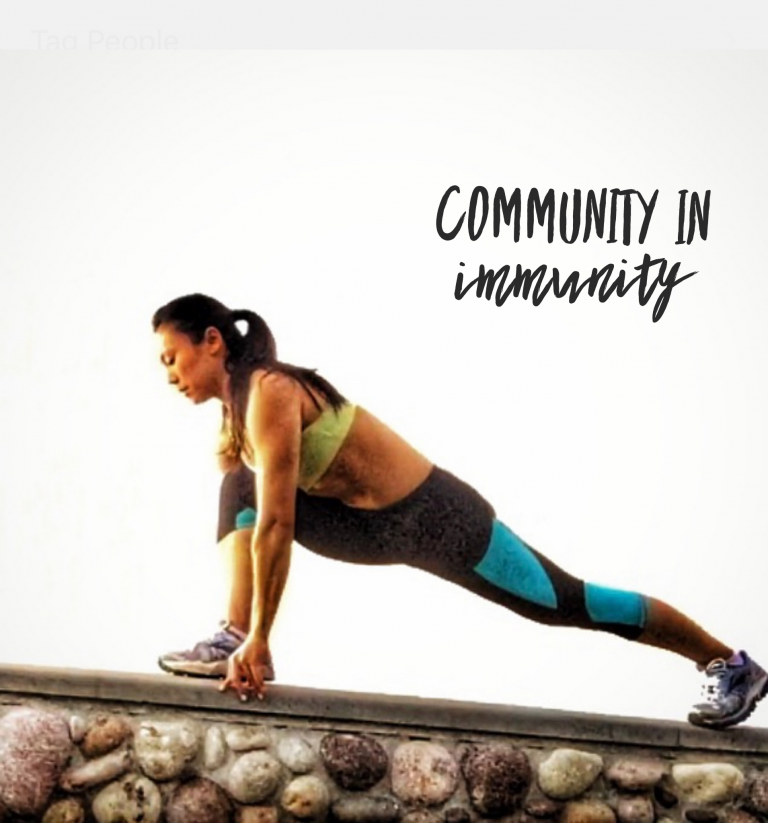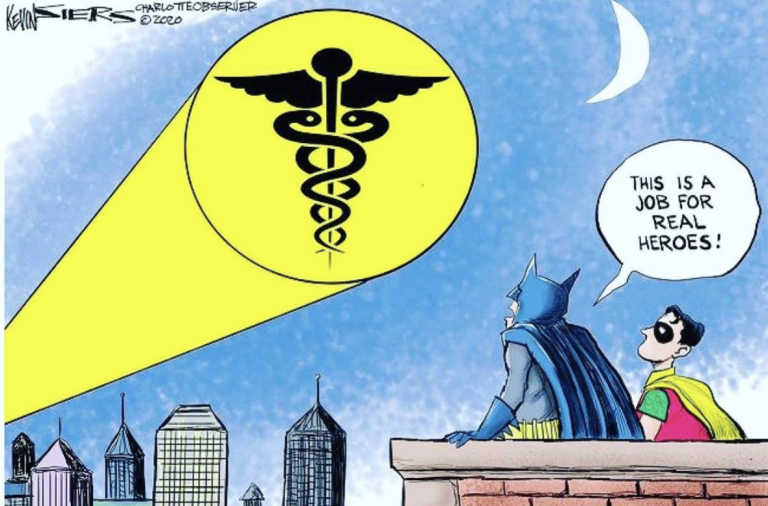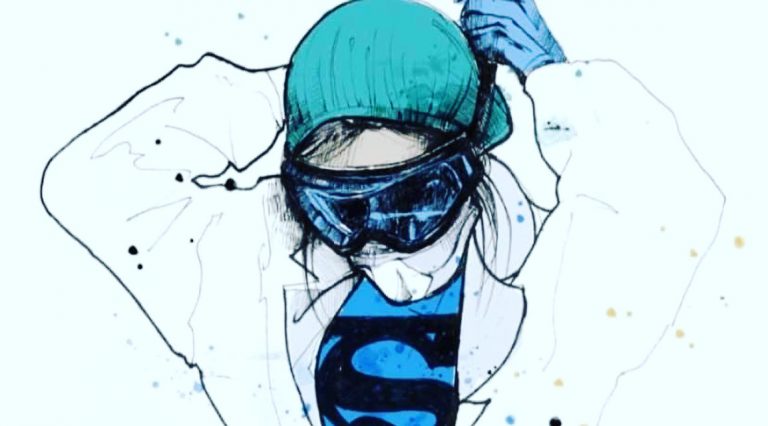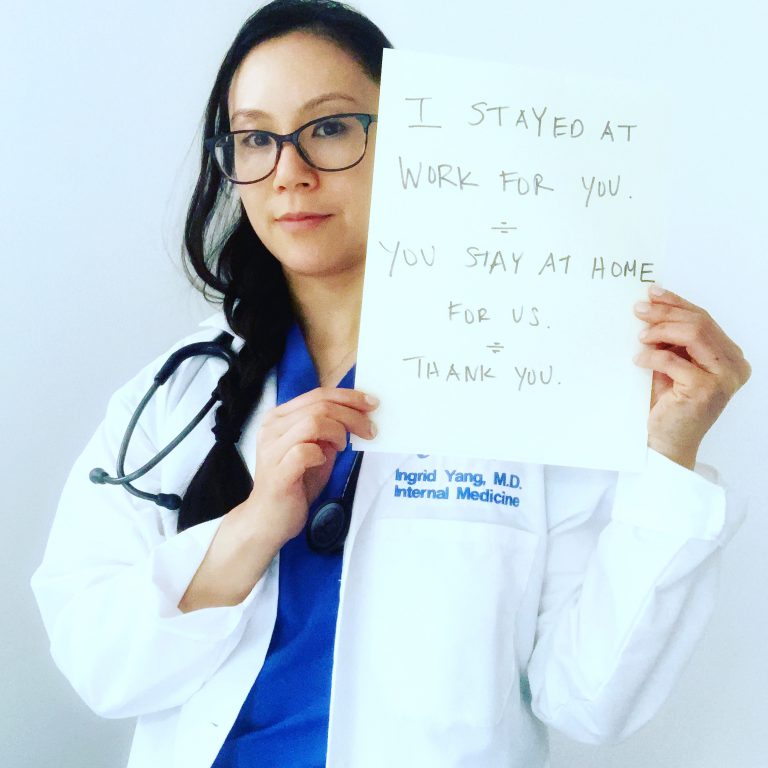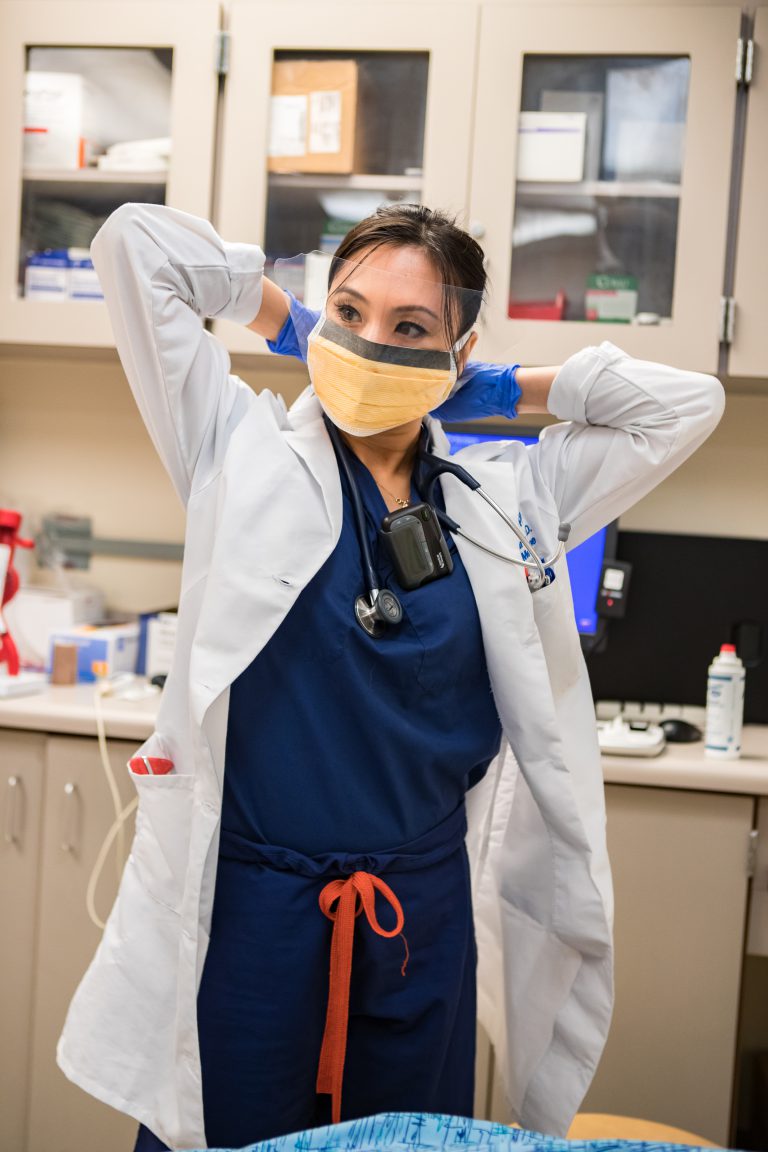Last week while on service in the hospital, one of the respiratory therapists said: “We are out of High flow nasal cannulas.” This struck fear in my heart. Let me explain what that means and why this is so terrifying. For me, for you, for everyone you know.
In the past 3 weeks, COVID19 admissions in my hospital have risen, and the majority of those patients requiring oxygen, and sometimes intubation, have been between 30-50 years old. For my followers, that’s probably you.
The equipment in which we use to support a person’s oxygenation range from nasal cannula (#1 on the graphic) to intubation (#6). You want to try to avoid #6 at all costs because there are, more often than not, long-term consequences to having a tube placed down your airway for even a few days. And we want to avoid the risk that the tube will never come out at all.
In the graphic, notice that HFNC (high flow nasal cannula) is #4. That means that, because supplies are running low or are out altogether, we are losing one of the most important intermediary steps to supporting patients who cannot breathe without oxygen support. In sum, you are one step closer to intubation and death from COVID-19 without the intermediary step of HFNC.
My hospital has since replenished our stores, but we are still running low. The whole country is running low because we have so many Covid19 patients that are using them. And if infections keep rising at this rate, we may not have one for you or your loved one when you/they are hospitalized, whether with COVID-19 or another illness. This, to someone who wants to be able to save you, is terrifying.
But don’t panic. There is a solution. Save the high flow nasal cannulas. Save your body from being intubated. Wear a mask. Wash your hands. Socially distance!
Thanks for listening and I hope you stay safe and healthy.
Love, Dr. Yang

